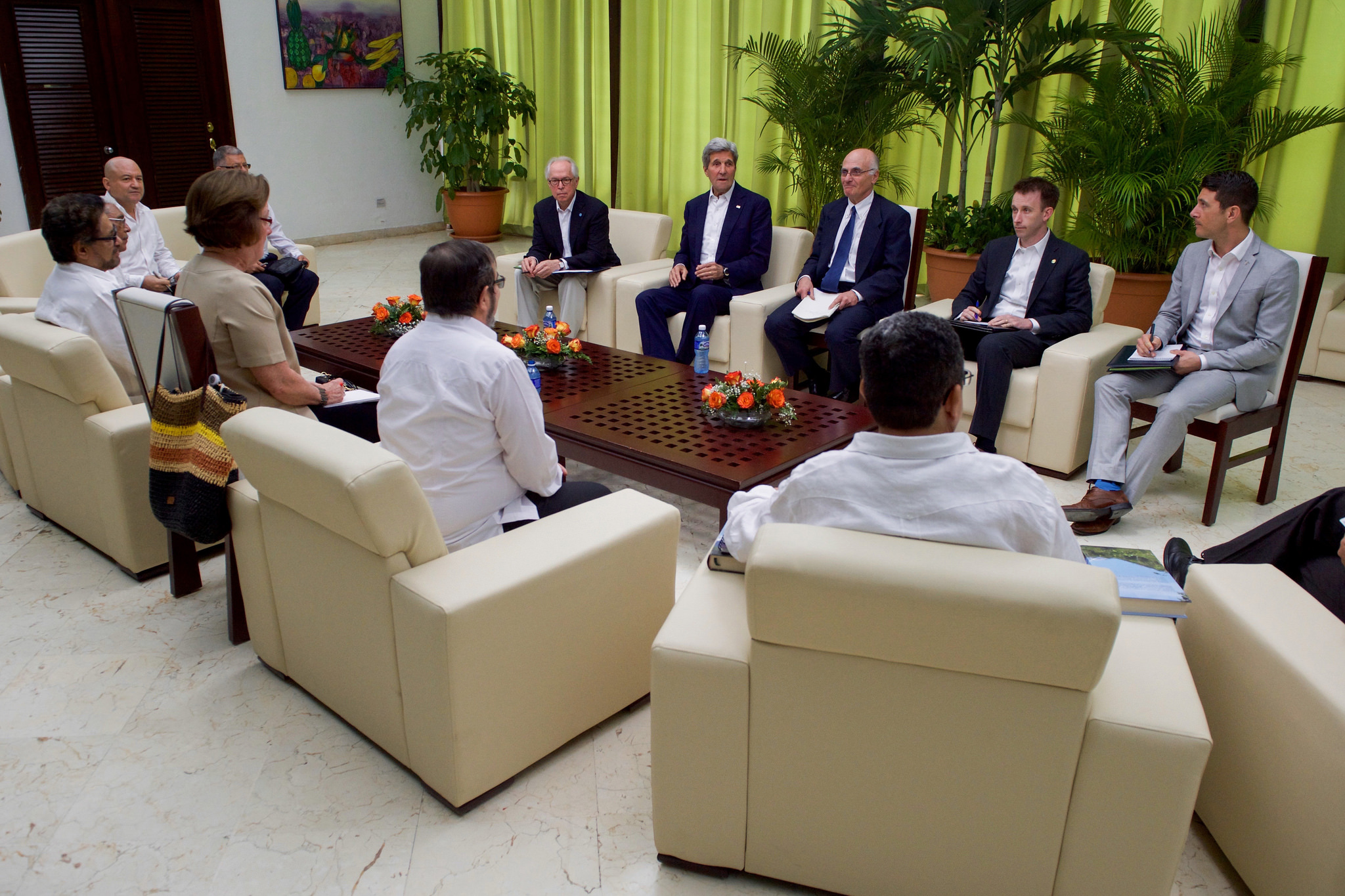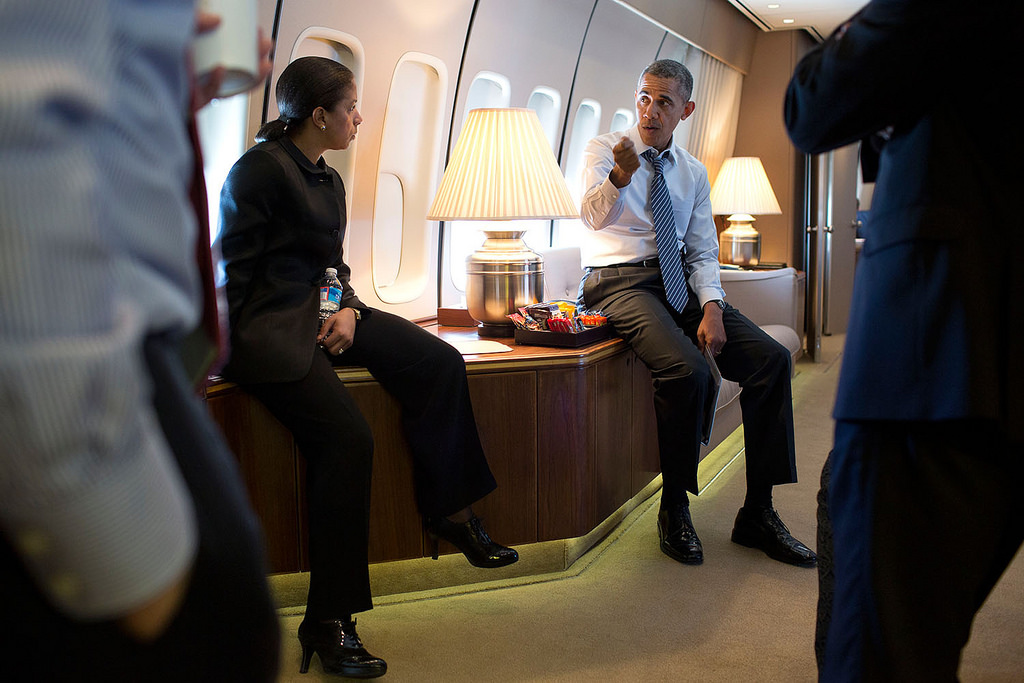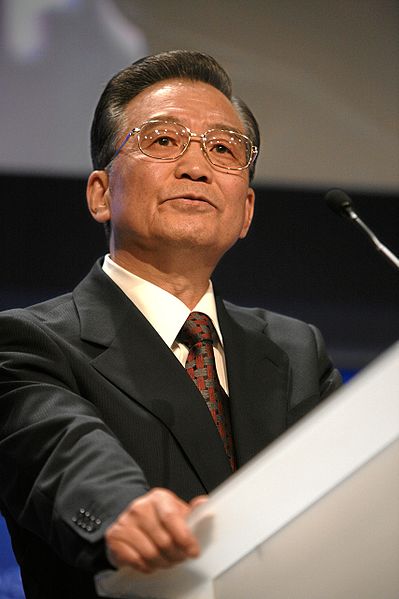By Andrew Scott for Denver Dialogues
This January, the Sié Chéou-Kang Center for International Security and Diplomacy hosted the local non-profit organization Oceans Beyond Piracy (OBP) as a part of the Carnegie Corporation of New York-funded effort to “bridge the gap” between policy and academics. Based in Colorado, OBP works with public and private stakeholders to find solutions to global maritime piracy. The OBP team is developing an agent-based model to accurately forecast the resources and commitments needed from international stakeholders to continue combating piracy off the Somali Coast for the foreseeable future. Students and faculty from the Sié Center, and members of the University’s global forecasting research center, the Pardee Center for International Futures, joined the presentation to provide constructive feedback on the efficacy and accuracy of the model for policymaking applications.
This event underlines the importance of cross-pollination between the academic and policy communities. Academia helps identify the spectrum of feasible policy tools available to the policy community. Agent-based models are one such example. Agent-based models are a class of models that seek to simulate interactions between autonomous agents (individuals or organizations) and explore the impact of those interactions on the system as a whole. These models simplify the real world and help inform strategic decision-making. These models are critical for framing future uncertainties around a particular policy space in order to produce realistic expectations or targets for policy outcomes. Moreover, agent-based models are important advocacy tools capable of telling a particular narrative. They provide empirical evidence that can be used to support or argue against a particular policy decision.
OBP’s agent-based model considers three key actors: Naval forces currently patrolling in the Horn of Africa, the shipping industry, and Somali pirates. Piracy off the Somali Coast has declined since its peak in 2011, due largely to the increased presence of naval patrols and increased private security aboard major shipping vessels. The model is designed to estimate the level of private security aboard private shipping boats and the magnitude of naval patrols needed to maintain the decline in Somali piracy over the medium-term. Accurate models of this nature require a deep understanding of the relationships between individual agents, and the forward and backward effects created by their interaction—precisely the kind that academic experts often possess.
Research on the economic scale of Somali piracy, in particular, estimated that for every $120 million captured by pirates in the Horn of Africa, the costs of prevention to the shipping industry can be as high as $3 billion. This includes shipping costs related to security, insurance, and other preventative methods. As a result, certain actors may be skeptical of the need to maintain current levels of security investment in the waters off the Horn of Africa. The problem here, however, is that without fundamental on-shore economic changes in Somalia, poverty will continue to drive Somalis to piracy. Consequently, some expect that if the international maritime security commitment is reduced, levels of piracy will go back up. OBP’s model presents powerful evidence for the continued need to maintain collective security deterrents in the region to keep piracy at its currently reduced levels.
Academia can and should help the policy-making community evaluate the efficacy of the tools available to them. OBP engaged with both the Sié Center and Pardee Center because of their subject matter expertise on international security and experience with sophisticated model development. The exchange provoked critical questions regarding the process of model development, data quality issues, and the model’s limitations, and stimulated ideas about synthesizing results in more meaningful ways for the maritime community. Too often the academic and policy communities have been accused of being disparate and disconnected. This type of collaborative discussion is an important example of how the expertise of the academic community can and should be leveraged within the policy community to better understand the benefits and consequences of various policy tools.
Andrew Scott is a Sié Fellow and M.A. Candidate in Global Finance, Trade, and Economic Integration at the Josef Korbel School of International Studies.






